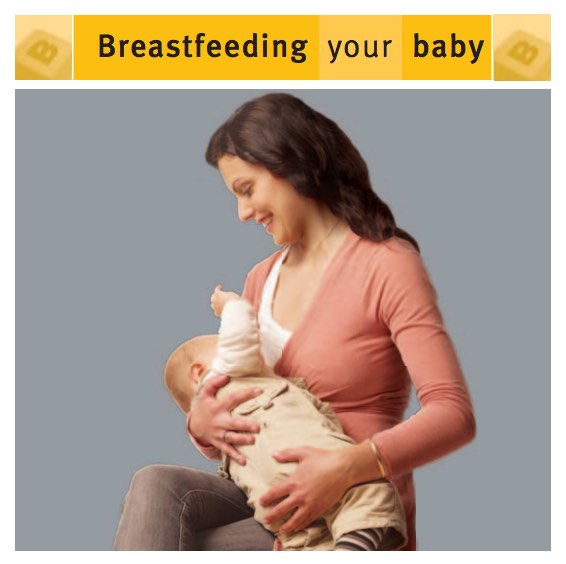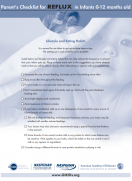Reflux can be upsetting for parents. It's natural to be worried that something is wrong.
There are a number of simple steps you can take which may help your baby:
- take your time with feeds and try to stay calm and relaxed
- burp your baby regularly throughout feeding
- don't force them to take more milk than they want – some babies like to feed small amounts often
- if you're bottle feeding, check that the hole in your baby's teat is not too big – giving milk too quickly can make reflux worse
- hold your baby upright for a short time after feeding.
Remember, if your baby brings up a lot of milk, they may be hungry again quite quickly. If that happens, you might need to feed them again sooner than usual.
Is there anything else I should do about reflux?
For most babies, you don't have to do anything about reflux. It's a natural process which will get better by itself.
Changing formulas won't help the reflux and neither will changing from breastfeeding to bottle feeding.










